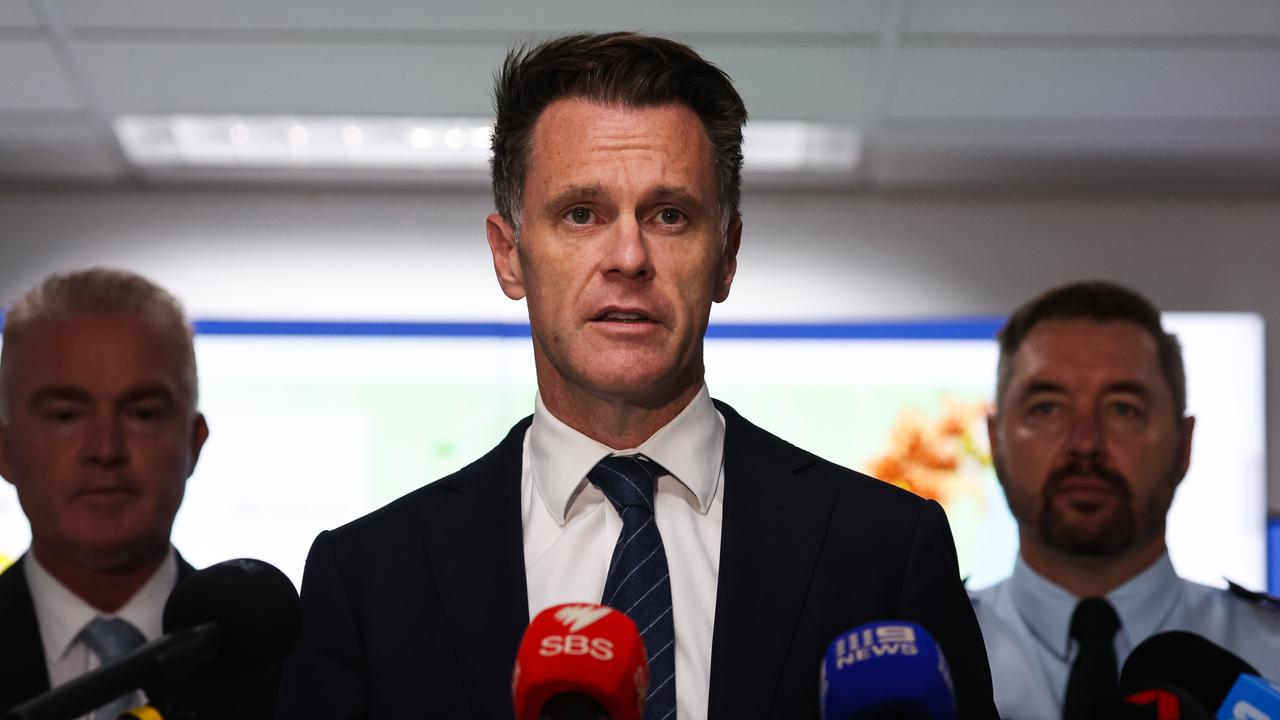Greens threaten war on Labor over NDIS reforms
The Greens have threatened a political campaign against Labor over its reforms to the National Disability Insurance Scheme, accusing the government of betraying people in need.

The Greens have threatened a political campaign against Labor over its reforms to the National Disability Insurance Scheme, accusing the government of betraying people in need.
Legislation passed on Thursday put new limits on services that could be claimed under the NDIS and on how people’s needs are assessed. On Friday, Greens disability spokesman Jordon Steele-John accused Labor of having “betrayed” NDIS recipients and disabled people more broadly, and removing “rights and protections” previously afforded to them.
However, the National Disability Insurance Agency, the body that oversees the NDIS, pushed back against Senator Steele-John’s comments, saying the reforms would not change rights or prevent NDIS recipients from accessing disability-related supports.
“This bill removes our ability to argue for unique and specific services, replacing it with a yes-no list of government-approved supports,” Senator Steele-John told the ABC. “It does not allow the unique individualisation that is often needed, let alone the ability to argue that certain supports should be delivered in a way that actually works for us, rather than the way that works for a bureaucrat in Canberra.
“We’re now going to show the ALP and anybody else that might wish to engage with us that not only are we citizens of the country, we’re also voters. We’re not simply going to accept that because the Liberal and Labor Party no longer believe that we should have these rights, that that is a situation that we’re willing to sit down and take.
“We are going to campaign. We are going to push back and we are going to work together to restore those rights.”
An NDIA spokesperson told The Weekend Australian that “this legislation does not change peoples’ rights in any way.”
“The legislation does not prevent any participant from accessing the disability-related supports that meet their individual needs.
“The legislation allows a rule to be made to set out what is, and what is not, an NDIS support.
“The content for a draft rule is currently out for consultation.”
The spokesperson said “we know many participants will be uncertain about these changes and that the heated debate has created a lot of anxiety for participants”.
Senator Steele-John said the changes, passed with the help of the Coalition, could deprive some NDIS recipients of critical aid, including, for example, “bespoke, hi-tech washing machines”.
“Nobody’s arguing that your regular, run-of-the-mill washing machine should be funded by the NDIS,” he said. “The reality is, though, that there are really specific, bespoke, hi-tech washing machines, for example, that connect with a deaf person’s assistive hearing technology to inform them when their drying is complete, enabling them to live independently.
“Now, that’s the kind of unique, specialised piece of white good that should be funded.”
La Trobe University’s director of the Living with Disability Research Centre, Christine Bigby, cast doubt on the value of such washing machines.
“There are examples of fire alarms – people have specialised fire alarms that vibrate or have flashing lights to wake you up – those sorts of things are critical … but whether there’re hi-tech washing machines and they’re finishing their washing, that’s hardly a life-and-death thing, you can just set the timer and go back in an hour,” she said.
“So it’s really the sort of seriousness of the thing that you need to be warned about which is the critical issue.”
Jim Chalmers on Friday morning dismissed Senator Steele-John’s criticism.
“The Greens don’t have to run anything and they don’t have to pay for anything,” the Treasurer said. “Their main job is to issue sternly worded press releases calling for more spending on everything, and we have to make everything add up.
“And with respect to him, Labor designed the NDIS and we want to make sure that we provide a really high standard of care for all of those Australians who rely on the NDIS.”







To join the conversation, please log in. Don't have an account? Register
Join the conversation, you are commenting as Logout